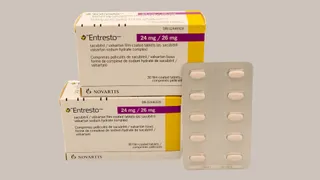
A patent attack on three fronts
The Indian patent system has been known for its strict prosecution of patents in the pharmaceutical sector ever since the product patent regime came into force in 2005. Furthermore, several opportunities are provided to third parties to challenge patent applications and make use of multiple pre-grant oppositions, while post-grant attacks are the norm for important pharma product patents.
Already registered?
Login to your account
If you don't have a login or your access has expired, you will need to purchase a subscription to gain access to this article, including all our online content.
For more information on individual annual subscriptions for full paid access and corporate subscription options please contact us.
To request a FREE 2-week trial subscription, please signup.
NOTE - this can take up to 48hrs to be approved.
For multi-user price options, or to check if your company has an existing subscription that we can add you to for FREE, please email Adrian Tapping at atapping@newtonmedia.co.uk

